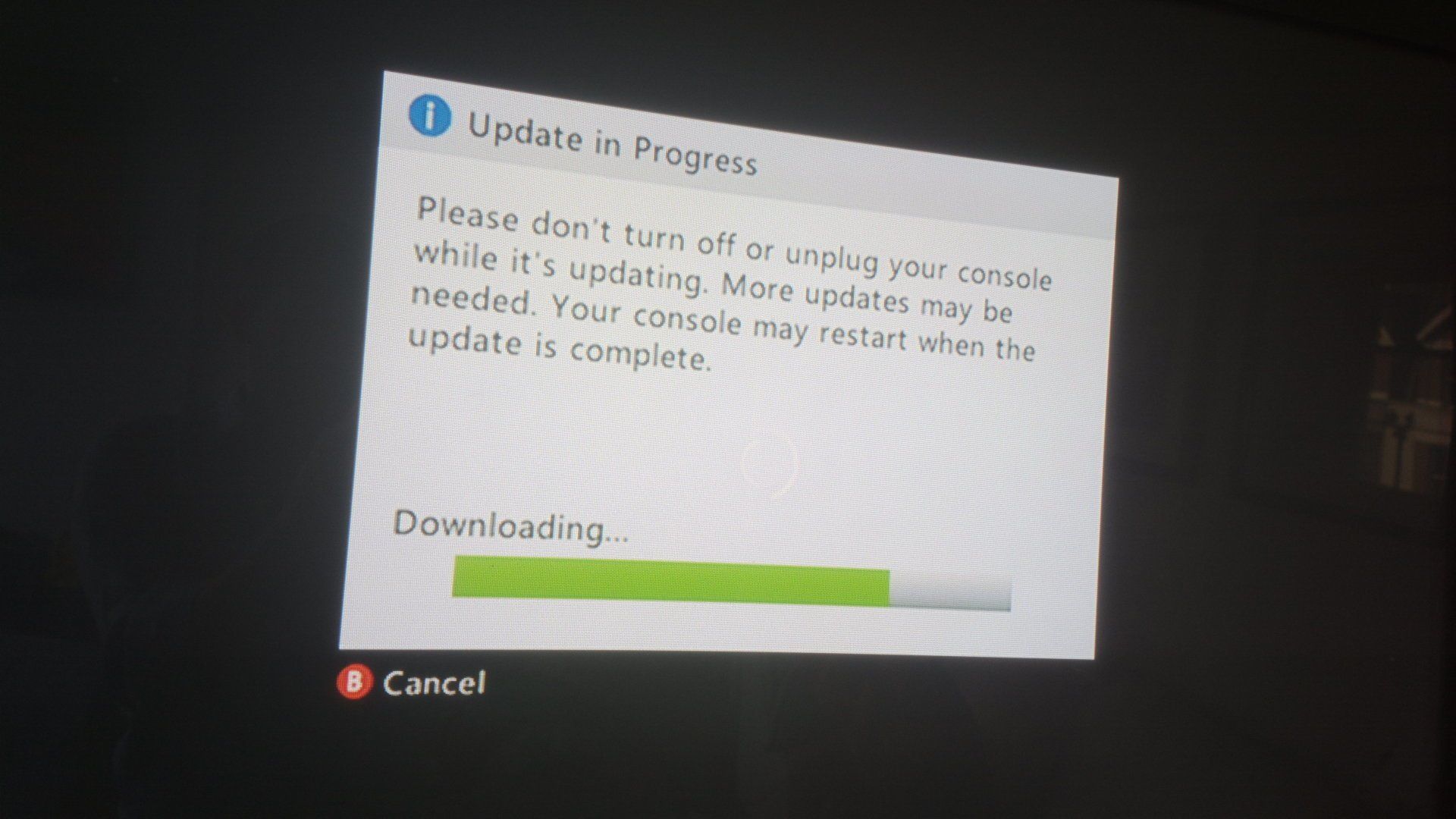What About an Ethical Will? (Psst, it's a legacy letter and you can do it)
“Have you considered how to pass on your non-material assets?”
When the discussion turns to ethical wills, people often sigh and say they wish they had such a document from a parent or a grandparent. No one has ever told Debby Mycroft, who is described by Next Avenue in “The Ethical Will: Life Is About More Than Your Possessions,” that they wouldn’t want to read an ethical will from a beloved family member.
Unlike a legal will, an ethical will, which is sometimes called a legacy letter, is not written by attorneys, but by individuals. They include life lessons, family stories, values, define hopes for the future for loved ones, apologies to anyone they have hurt and gratitude to those who haven’t been thanked enough. The letters were once written by parents, to be read after their parent’s death. However, now anyone can write a legacy will, and it can be directed to anyone.
Mycroft is a writer who focuses on helping people write their legacy letters.
People without children create ethical wills to share them with the friends who have become their family. In one instance, Mycroft’s client was a woman who had been placed in child protective services, because her parents were not able to care for her. She wanted to write a letter to other foster children to share her story and let them know that they too could overcome a rough start to life.
Whoever you are, you have a story to tell. You don’t have to be a war hero or win a Nobel Prize to have a story that will be loved by your family, friends, or even strangers. Every one of us has a unique journey through life, and we all have lessons, stories and values to share.
The process of writing an ethical will can bring great peace of mind. By writing an ethical will, you’ve created a legacy that will live on, long after you are gone. For some people, writing a legacy letter to share their values fosters clarity of their values. That leads them to start living their life more intentionally.
If you aren’t sure how to start writing a legacy letter, there are websites and books about this topic, including online templates. Unlike an online will, there are no legal requirements for a legacy will. Therefore, you are free to create a document any way you want.
Do you need to work with a professional? For a regular will and an estate plan, yes, you need an experienced estate planning attorney. However, with a legacy will, you can do it on your own or work with a professional writer. But don’t worry too much about format or grammar in your legacy letter. Whether your legacy letter is elegant or rough, simple or complex, as long as it contains the truth, it will be a wonderful gift.
Tell stories to share your values; they are better than lists of what matters to you. One woman wrote a story about signing a contract for a job that she thought was clerical but turned out to be factory work. She fumed about it, but her parents explained that she had signed a contract and made a commitment. She stuck with the job, learning about integrity, persistence and diligence. After that job was completed, the employment agency sent her on great assignments, because they knew she was reliable and stuck to her word. That’s a life lesson to share.
There are some things that should be left out of a legacy letter. Criticism, judgments, regrets and family secrets need to be given serious consideration. What are you trying to accomplish with a letter that will be shared among generations? You don’t want to leave behind a legacy of destruction. If you write such a letter, read it a few times over a period of time to see, if that’s really how you want to be remembered. You can always tear it up and start over again.
Ask a trusted friend to have a look at your legacy letter. They may see omissions that hurt the ones you love, like the woman who wrote about her two children, but devoted pages to one and not the other. An objective reader will be able to help you avoid some pitfalls.
Videos and recordings are great. However, remember that technology changes, and the phone that you record your video on may not work in five, ten, or fifty years. Include a hard copy of the letter and add hard copy family photos. Those will work, regardless of changes to technology. Be sure to make copies easily available, perhaps place some with your Will for easy finding. You might be sure to include your digital assets and passwords in your actual Will and Estate Plan so these treasures are not lost.
Finally, consider sharing the letter with members of the family before you die. What a wonderful gift to share. This way you can expand on the stories, mend wounds, answer questions and grow closer.
When is the best time to create your legacy letter? How about now? Mycroft recalls her own mother, who was the only one who knew the stories of the family. She had given her mother a fill-in-the-blanks family history book, hoping to preserve the history. When she cleaned out her mother’s house, she found the book — and it was completely blank. If you have a living relative, sit down with them to write or record the history, before it’s too late.
Reference : Next Avenue (April 11, 2019) “The Ethical Will: Life Is About More Than Your Possessions”










